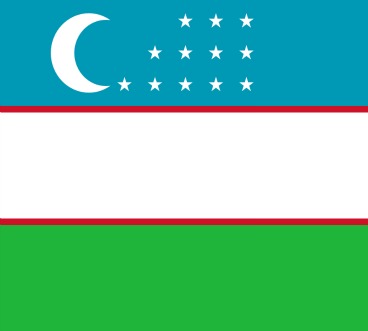The hearing will examine democratization and human rights in Uzbekistan in light of the impending decision by the Department of State whether to certify Uzbekistan to continue receiving U.S. assistance.
Uzbekistan, an OSCE participating State since 1992, has been closely cooperating with the United States in the campaign against international terrorism. There is a U.S. military base in Uzbekistan and Washington has stepped up assistance significantly since 2001. The agreement on Strategic Partnership and Cooperation was signed by President Bush and President Karimov in March 2002.
However, Uzbekistan’s human rights record has remained poor, impeding the further development of U.S.-Uzbek relations. Late last year, the State Department decertified Uzbekistan for aid under the Cooperative Threat Reduction Program because it had not made progress toward ending police torture and other abuses.











